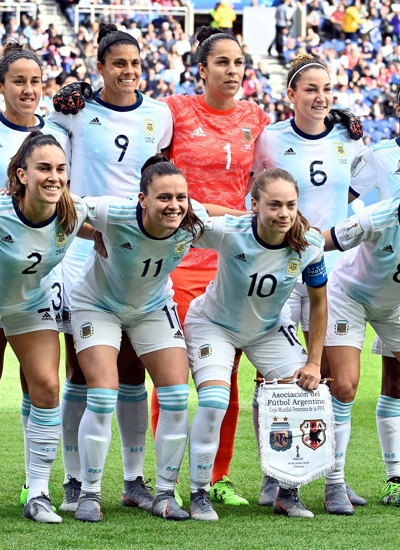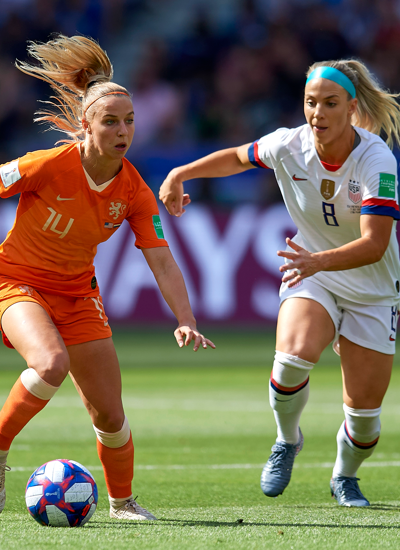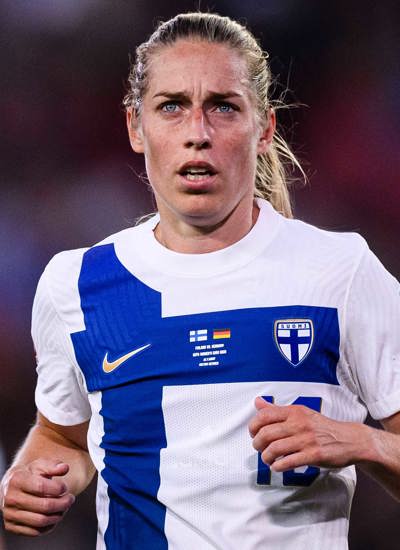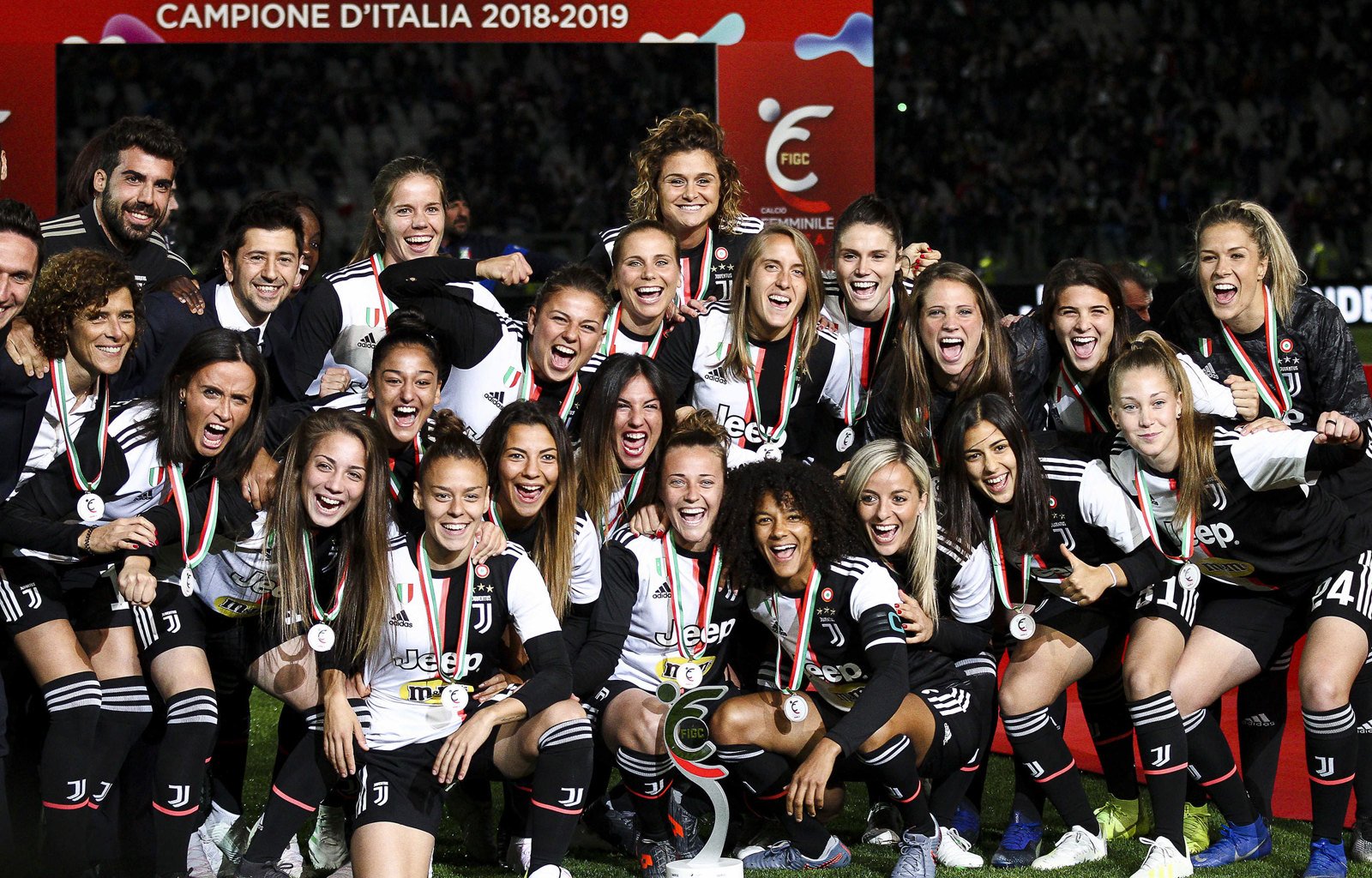
While they may receive benefits (such as accommodation, insurance, food or a car), some clubs refuse to grant them professional contracts because they do not want to pay social security tax, or grant them paid leave.
Even in some of the world’s biggest football nations, women’s football has been classed by national football regulations or legislation as exclusively an amateur sport, stunting the potential growth of the game.
A survey of 186 national team players in Raising Our Game found that they thought professional status is important above all to receive a salary, obtain social security benefits, and earn something which has nothing to do with money: respect.
Professional status is also important for some players to register with their football association and join their national player union. The statutes of some national unions only allow professional players to join. (Since 2015, FIFPRO has been granting membership to women players who are unable to join their own national union.)
Gradually, players around the world are winning their battle to be recognized as professionals. In 2019, Macarena Sanchez took legal action against her club UAI Urquiza and the Argentine football association after she was denied a professional contract.
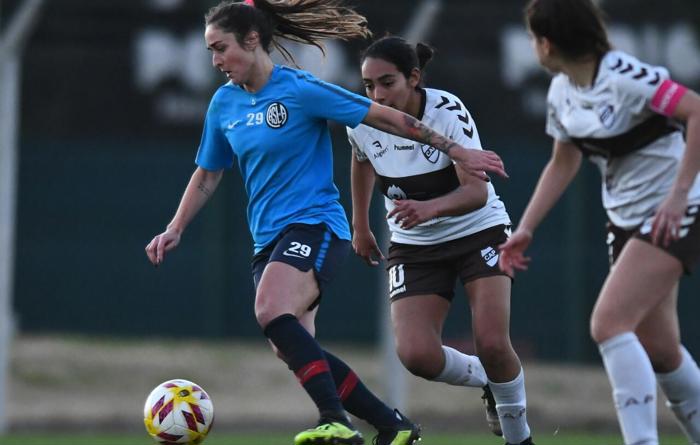
She was receiving income from the Buenos Aires-based club through an administrative job arranged by the club.
Later that year, the Argentine F.A. announced the first women’s professional league in the country and agreed to bankroll salaries for eight players per squad.
That meant that dozens of women players were able to achieve comparable conditions to a lower-league player in men’s football.
The new women’s professional league in Argentina began last June, and Sanchez was able to sign a professional contract with a new club, San Lorenzo.

